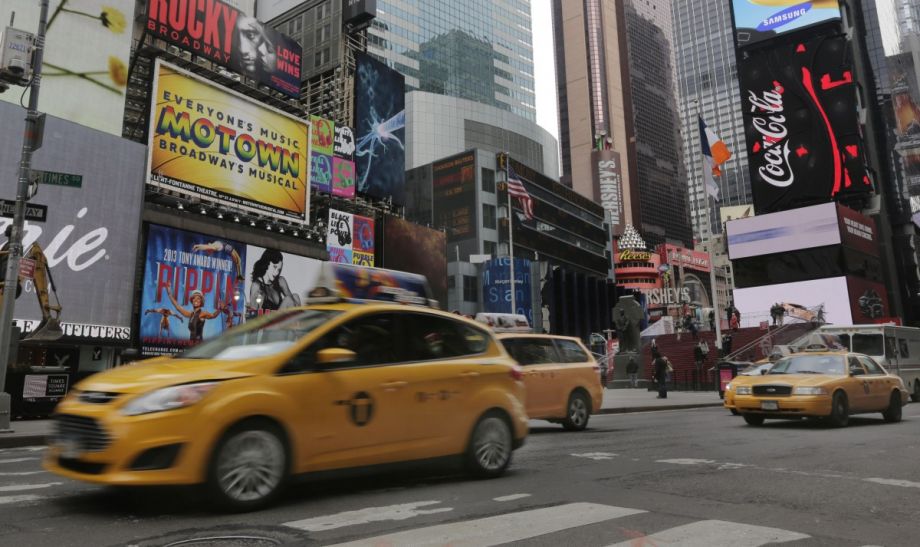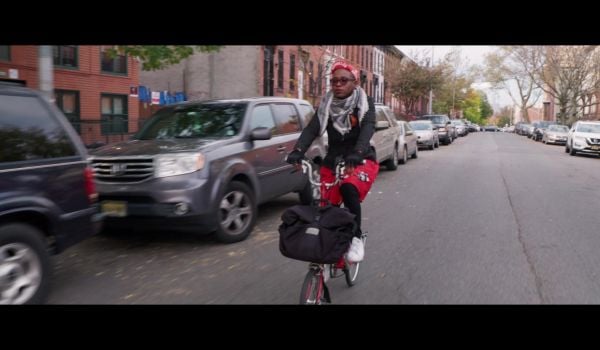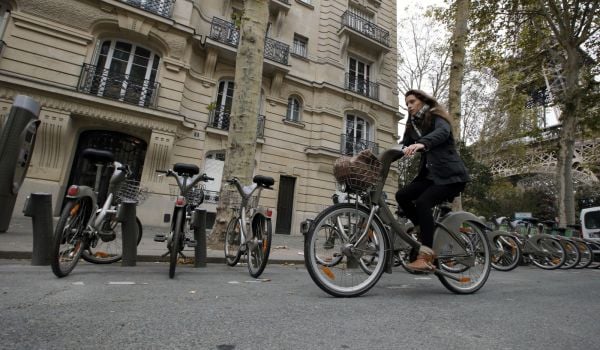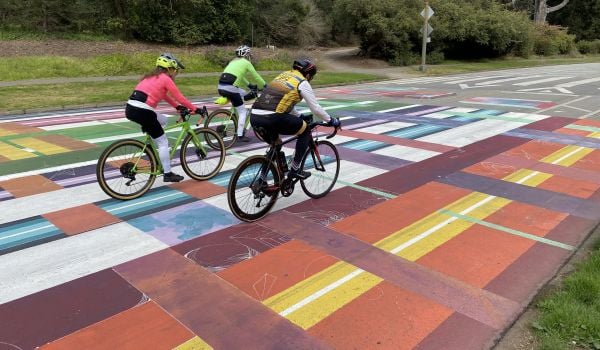New York City has upward of 13,000 taxis, but a fraction of those vehicles could more efficiently transport the same number of passengers — if people shared cars and the right technology was applied to getting everyone where they were going most efficiently, according to new findings by MIT researchers.
Everyone knows that carpooling is a more efficient use of road and car space. But using data from 3 million NYC taxi rides, the new study, published in the Proceedings of the National Academy of the Sciences, presents hard numbers: Only 3,000 four-passenger cars would be needed to move 98 percent of taxi traffic, according to the researchers, led by Professor Daniela Rus of MIT’s Computer Science and Artificial Intelligence Laboratory (CSAIL).
What’s more, the average wait time would be a slim 2.7 minutes.
“Instead of transporting people one at a time, drivers could transport two to four people at once, result[ing] in fewer trips, in less time, to make the same amount of money,” Rus said in a news release. “A system like this could allow drivers to work shorter shifts, while also creating less traffic, cleaner air and shorter, less stressful commutes.”
The study points to the sharing options already available through app-hailed rides by Uber and Lyft, but offers up an algorithm that, according to MIT’s release, “works in real-time to reroute cars based on incoming requests, and can also proactively send idle cars to areas with high demand — a step that speeds up service 20 percent,” according to MIT’s release.“To our knowledge, this is the first time that scientists have been able to experimentally quantify the trade-off between fleet size, capacity, waiting time, travel delay, and operational costs for a range of vehicles, from taxis to vans and shuttles,” Rus said.
In December, Uber announced system upgrades to make its UberPool option, which lets strangers going in the same direction share a car and fare, faster. And while Lyft scrapped its carpooling for commuters service in August, its UberPool alternative, Lyft Line, marches on.
The researchers are far from the first to look at streamlining the taxi sector. As Next City has previously covered, research on how to make the taxi system more efficient is ongoing. In 2014, Purdue professor Satish Ukkusuri found that when taxis and passengers were optimally matched, drivers’ time spent without a fare could be reduced by up to 94 percent. That research also showed “trip integration,” which reporter Sarah Laskow defined as “stringing trips together to minimize the number of taxis required to get passengers where they were going,” as a handy tool for increased efficiency.
The full body of the Rus team’s study can be viewed here. Their work was funded (in part) by the Office of Naval Research and the Massachusetts Institute of Technology–Singapore Alliance on Research and Technology under the Future of Urban Mobility.

Rachel Dovey is an award-winning freelance writer and former USC Annenberg fellow living at the northern tip of California’s Bay Area. She writes about infrastructure, water and climate change and has been published by Bust, Wired, Paste, SF Weekly, the East Bay Express and the North Bay Bohemian
Follow Rachel .(JavaScript must be enabled to view this email address)



_600_350_80_s_c1.jpg)


_on_a_Sunday_600_350_80_s_c1.jpeg)









